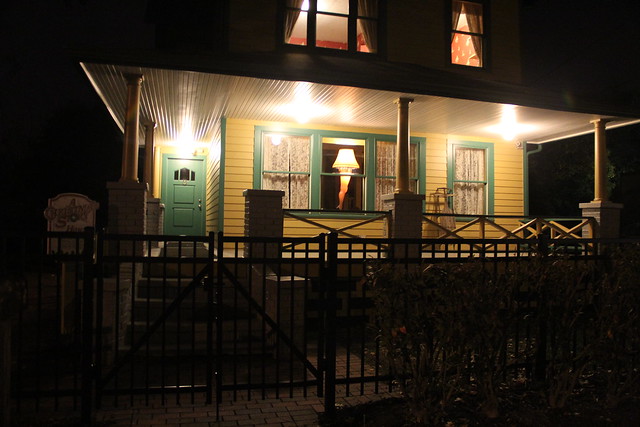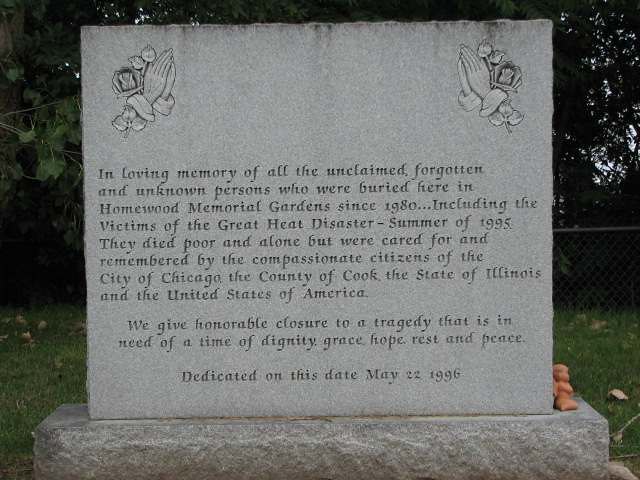Smart Chicago was recently awarded a grant from The Chicago Community Trust to support Expunge.io. This grant, referred to as “Expunge.io Plus,” supports the great work already happening with Mikva Challenge Juvenile Justice Council, LAF, Illinois Legal Aid Online, Cabrini Green Legal Aid, and others, by increasing public awareness, supporting the work of institutions, and documenting the juvenile expungement application process.

There are five main goals of this work:
- Increase public awareness regarding juvenile expungements
- Drive more young adults to the Cook County Juvenile Expungement Help Desk
- Secure a fingerprint terminal to obtain a copy of arrest records at the Cook County Juvenile Expungement Help Desk
- Provide project management services to ensure project completion
- Research data management services to document baseline information in how young people’s records are used once they are disseminated. See a blog post on this topic: “Getting at the Root of Issues with Juvenile Records“)
Background
We know that juvenile expungement is an arduous legal process that prevents many young adults from applying to have their records expunged. The impact of having misdemeanors and/or other lesser forms of criminal activity easily accessible to college admission departments and employers may hinder high school graduates from obtaining advanced degrees or securing career opportunities.
While many records can be erased, people who are eligible for expungement often do not initiate or complete the process because it is complicated, understaffed, and fragmented.
Expunge.io is an on-ramp for the expungement process that helps start the process of erasing juvenile arrests/court records by sending people to the Juvenile Expungement Help Desk. The Juvenile Expungement Help Desk is a place where individuals can meet with an attorney who will review juvenile arrest record, assist with the necessary paperwork and provide additional legal assistance. Lawyers are all available to help eligible people file fee waivers to expunge their records free of charge.
On June 9, 2014, the Juvenile Court Automatic Expungement SB 0978 passed allowing automatic expungements for offenses occurring on or after January 1, 2015 and for those records kept with the Illinois Police Department. It does not remove records maintained at the local law enforcement agency, court clerk, or with the FBI agency nor is it retroactive. Here is a look at the Juvenile Court Automatic Expungement SB 0978:
Replaces everything after the enacting clause. Amends the Juvenile Court Act of 1987. Provides that the Department of State Police shall automatically expunge, on an annual basis, law enforcement records pertaining to a minor who has been arrested if: (1) the minor had been arrested and no delinquency petition was filed with the clerk of the circuit court; (2) the minor has attained the age of 18 years; and (3) since the date of the minor’s most recent arrest, at least 6 months have elapsed without an additional arrest. Provides that a petition for expungement may include multiple offenses on the same petition, if the petitioner is 18 years of age or older and when a minor was arrested and no delinquency petition filed or if filed was found not delinquent of the offense or supervision successfully completed, or the offense would be a Class B misdemeanor or lesser offense if committed by an adult. Provides that the Department of State Police shall expunge all law enforcement records described in this provision on an annual basis. Provides that the Department of State Police shall establish a process for an individual to confirm that all law enforcement records described in this provision have been expunged on an annual basis.
Flooding the box
Through this grant, Smart Chicago wants to drive more people to the Juvenile Expungement Help Desk. We call this “flooding the box”. Expunge.io is one step in doing that. Here is a look at the strategies and work outlined in the grant proposal:
Strategy I: Increase awareness about the relevance of juvenile expungements and the purpose and limitations of the SB 0978 – Juvenile Court Automatic Expungements through community involvement
Activity I: Develop public awareness through direct community outreach. Smart Chicago will fund events to
- Drive young adults to the Cook County Juvenile Court Help Desk to obtain their arrest record and receive free legal help
- Host community level expungement sessions whereby juveniles can also begin the expungement application process
- Develop a texting campaign with Illinois Legal Aid Online. In addition, Smart Chicago will coordinate efforts with several partners to develop a marketing campaign to educate people about the expungement process using Expunge.io as the jumping off point. These partners include Mikva Challenge, Civic User Testing Group (CUTGroup), Illinois legal Aid Online, among others
Strategy II: Structure an enhanced service-oriented and efficient application process
Activity I: Secure fingerprint terminal to be stationed at the Cook County Juvenile Court
Activity II: Develop communication strategy to target young adults to apply for juvenile expungements and informing them regarding their application status
Activity III: Expand the Expunge.io website to provide additional information, better filtering system between juveniles and adult expungements, and improve the technology connection between applicant and free legal services
Strategy III: Provide project and data management to understand the expungement process
Activity I: Document the application process for general public and website distribution
Activity II: Manage the initiative and its network of partners
Activity III: Identify and document how expungement records are disseminated and what happens to data after a record is expunged





